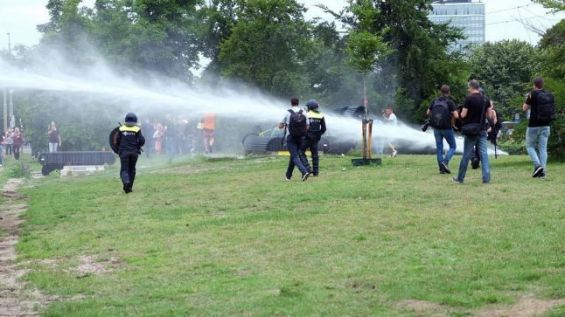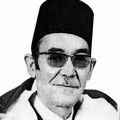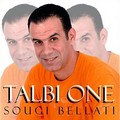Earlier last week, groups of young people in The Hague hit the streets in a series of riots that affected several neighborhoods. The riots, which lasted for a couple of days and resulted in several arrests, were later witnessed in some neighborhoods in Utrecht.
Reports suggested that the arrestees were accused of rioting, public assault, threatening behavior and violating the emergency order put to stop the unrest. Headlines also reported that one of the neighborhoods where the riots started «has been the scene of frequent riots in the past and is one of the poorest in the Netherlands with a high immigrant population», including a share of immigrants of Moroccan origin.
In Utrecht also, reports stated that the riots included young Dutch-Moroccans, and even blamed that on the lockdown, travel bans and boredom that came along with it. However, there is much more to it than just that.
Feeling excluded
To Sahil Achahboun, a Dutch-Moroccan sociologist, the riots that happened in several parts of the Netherlands during the last couple of days are not the first of their kind. «It is not the first time that this happens in the Netherlands, especially in these neighborhoods», Achahboun, who was born and raised in one of said neighborhoods that has been affected by the riots, told Yabiladi.
What is also not a first, according to the sociologist, is claiming that «most of the rioters were Moroccan». «That is just how some big newspapers and media in the Netherlands tend to react when something similar happens in these areas», he argued, stressing that the riots included Dutch youngsters from different backgrounds, not only Moroccans.
«Actually it is always standard to start talking about Moroccans as the ones who are rioting and if we keep thinking like this we will have a narrow scope of what is really happening», Achahboun added.
According to him, to understand why these young people were involved in such riots there is a need to take into consideration the problems they are confronted to. «When people ask why this happened, the first answer is that there is not one single reason. It is actually a series of many triggers and factors», the sociologist explained.
One of these factors is the feeling of exclusion, which many Dutch-Moroccans experience, in addition to discrimination and racism. «This plays a major role when we see people fighting against the same government that they feel excluded by», he stressed.
«We can call it 'revenge', a moment of expressing feelings of hatred against the government», Achahboun said, adding that most of the rioters feel that they don’t have a role in society and hence do not feel responsible for the neighborhoods affected by the riots.
Some of the rioters have other triggers and issues that can differ from one background to the other. «They are not just one type of young people as they have different backgrounds», referring to Dutch rioters as well as those with immigrant backgrounds.
Maitaining the stereotypes
Another reason that comes to mind when addressing the riots is stereotypes and how they are reproduced over and over. «When we focus on the Moroccans only then the way we react and talk about the problem just enhances the stereotype», Achahboun recalled.
To him, thinking this way «pushes these young people to feel more excluded and discriminated against and give them a 'reason' to just fight the government».
«When we say we are in a democratic society and that we have equal chances we have to act like that. Maybe we should think of what Moroccan-Dutch people need in terms of help, as every people need help according to their own needs».
According to the sociologist, blaming these young people without reconsidering the responsibilities towards them, helps enhance and reproduce stereotypes about the Dutch-Moroccan community. «These young people feel that this is not their government and they are behaving in the way others are picturing them, reproducing the same old stereotype», he concluded.





 chargement...
chargement...













